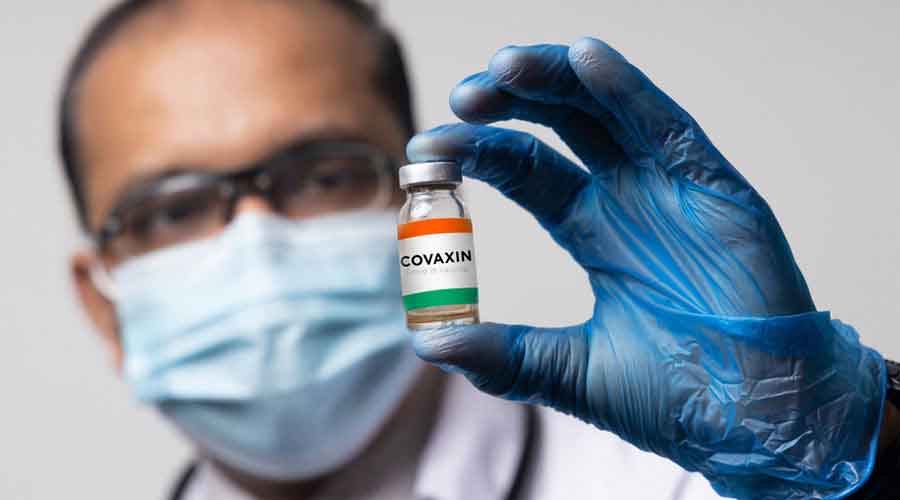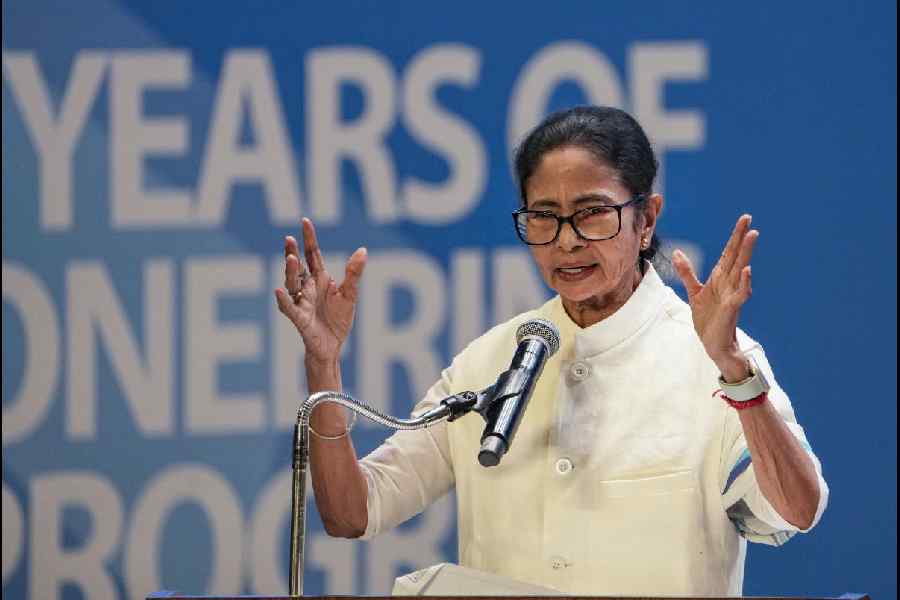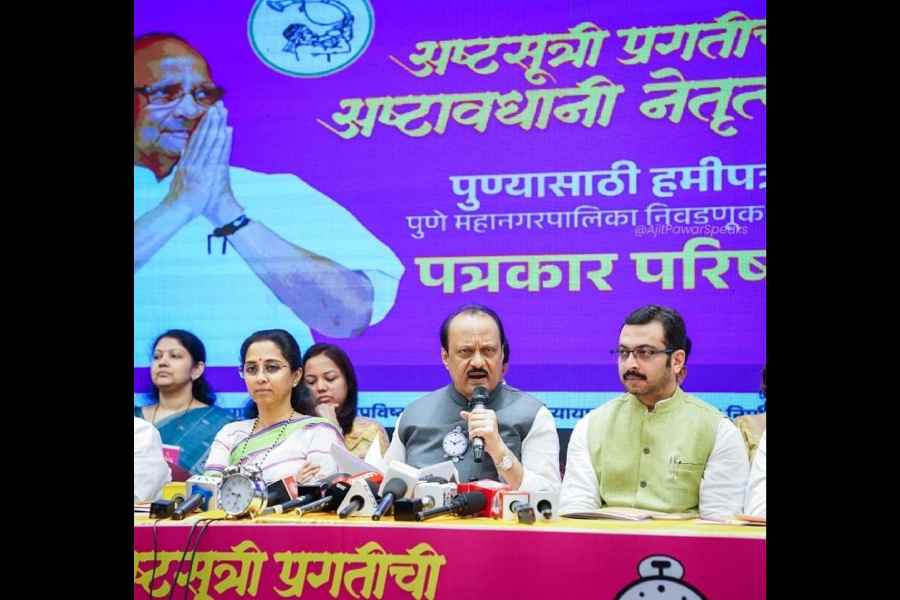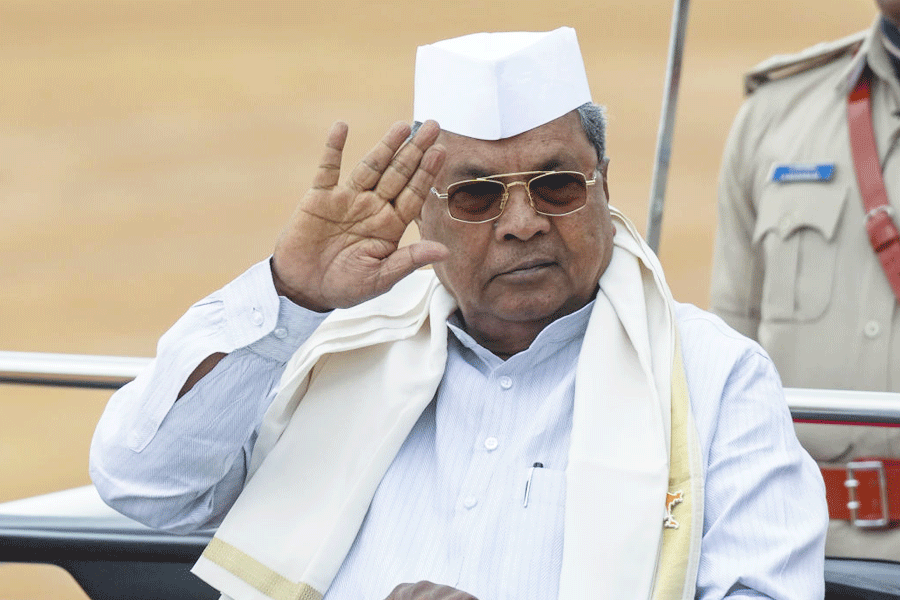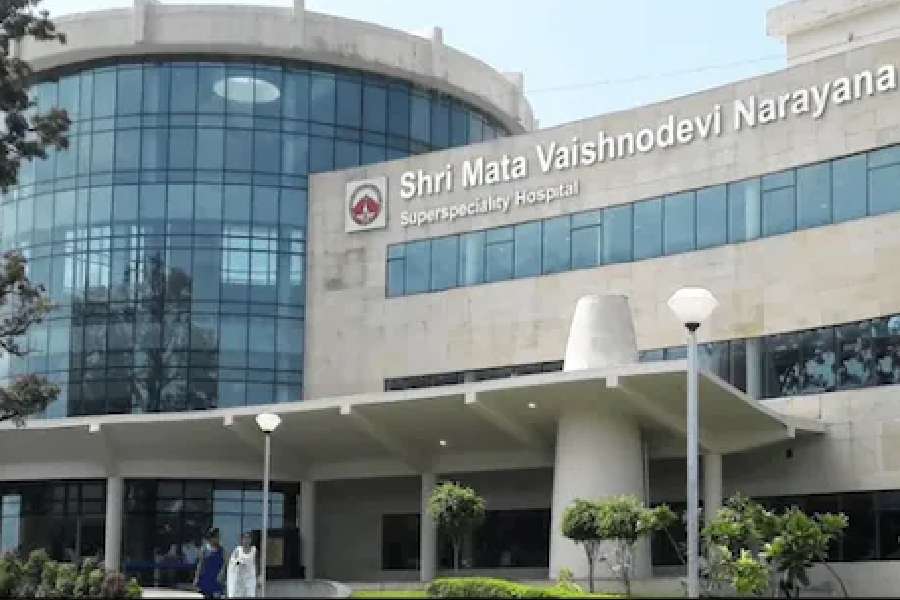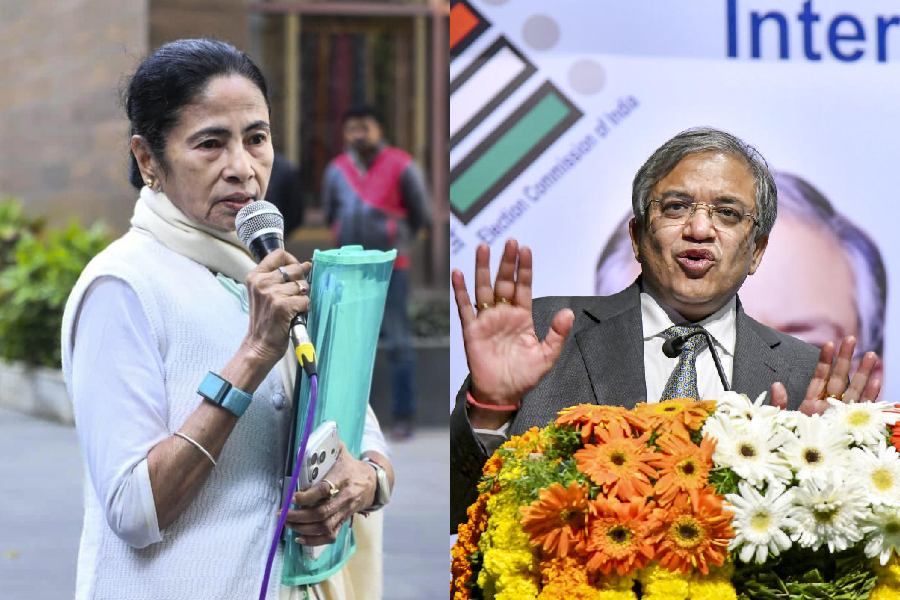Sections of medical experts have decried what they say is the disturbing silence of India’s drug regulatory authority on the death of a clinical trial participant who had received the home-grown Covid-19 vaccine, Covaxin, developed by the Hyderabad-based Bharat Biotech.
The Bhopal resident died on December 21, nine days after receiving the first dose of the vaccine, with the preliminary reviews indicating the death was unrelated to the trial, Bharat Biotech said on Saturday, 19 days after the death.
A post-mortem report issued by the Gandhi Medical College, Bhopal, has said “The probable cause of death was due to cardio-respiratory failure as a result of suspected poisoning”, the company said.
The statement was issued after NDTV India reported the death on Friday.
Doctors who specialise in clinical trials and ethics have criticised the absence of any public communication on the death from the Central Drugs Standard Control Organisation (CDSCO), the country’s regulatory authority that oversees all clinical trials.
“The silence from CDSCO smacks of not just callousness but a conscious decision to not let anything delay the release of the vaccine,” Amar Jesani, a senior physician in Mumbai and editor of the Indian Journal of Medical Ethics, told The Telegraph.
The CDSCO had accepted the recommendations of an expert panel and last week approved the restricted emergency use of Covaxin in a clinical trial mode, relying on the vaccine’s safety and its capacity to generate an immune response. There was, however, no efficacy data on the vaccine.
Several clinical researchers have questioned the grant of approval to Covaxin without efficacy data, amid speculation that the Centre was keen on releasing a home-grown vaccine alongside the AstraZeneca-Oxford vaccine, which too the CDSCO approved the same day.
Bharat Biotech said the death had been “thoroughly investigated” and found unrelated to either the vaccine or the placebo — a dummy jab that half the trial participants received.
But the company said it could not say whether the participant had received the vaccine or the placebo because it remained blind to the dosing.
The trial is a double-blinded placebo-controlled study in which neither the participants nor the principal investigators at the trial hospital, and not even the company, know who has received the vaccine and who the placebo.
The codes are un-blinded or broken after the trial to determine whether the vaccine was able to protect any participants from Covid-19.
But Jesani said the participant’s death should have led to un-blinding to determine whether he had received the vaccine or the placebo.
He asked: “How can they keep a participant who has died blinded and yet claim the death is not related to the trial?”
Anant Bhan, an independent bioethics specialist and adjunct professor at the Yenepoya Medical College, Mangalore, contrasted the CDSCO’s silence with the way UK authorities had responded after a recipient of the AstraZeneca vaccine developed a serious adverse event.
“In the UK, the trial had been halted after a serious adverse event. Here it is a death. It would have been ideal to share the information in a public domain and discuss the process they had followed and why or why not they were allowing the trial to continue,” Bhan told this newspaper.
Over 24,000 people in 12 cities have already received Covaxin or the placebo as part of the efficacy trial to determine whether the vaccine can prevent Covid-19. The CDSCO allowed the efficacy trial after earlier trials showed the vaccine’s safety and capacity to generate an immune response.
A Bharat Biotech spokesperson told this newspaper that the principal investigator at the Bhopal site had informed the CDSCO, the institutional ethics committee and the data safety monitoring board as required. “We are also continuing to cooperate with the investigation requirements from Bhopal police,” the company said.
Jesani said the post-mortem requirements for a routine medico-legal case and an investigation into a clinical trial death needed to be substantially different. “A trial-linked investigation needs a thorough pathology analysis, not a routine post-mortem looking at the cause of death,” he said.
However, some clinical trial specialists say the CDSCO is not bound by any regulatory requirement to make public the findings of a probe into a serious adverse event.
“When there is an obvious cause of death such as poisoning or an accident, there is really no need to un-blind (determine whether the participant received the vaccine or placebo),” said Urmila Thatte, former head of pharmacology at the King Edward Memorial Hospital, Mumbai, who has investigated adverse events in the past.

